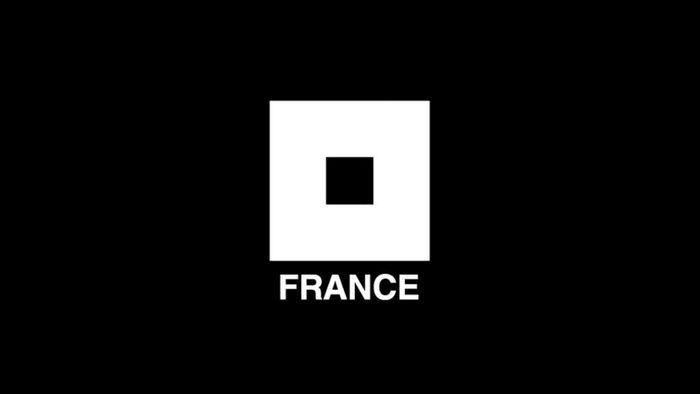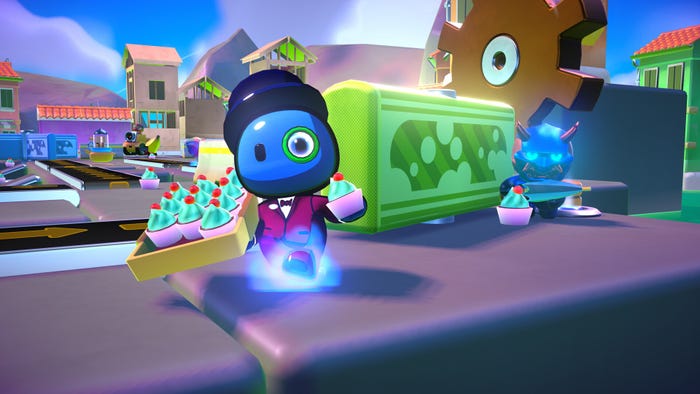Nintendo sought to introduce Wii U's new concepts of interactivity and bringing families together, but its E3 presentation for the console showed very little of the innovation fans have come to expect from the company.

People frequently accuse Nintendo of being naive. With Apple offering an increasingly significant challenge in the handheld space -- maybe even a threat to the home console with the iPad -- it's not unwarranted. But it's clear from listening to Shigeru Miyamoto speak -- not just at E3 2012, but always -- that he is deeply concerned with how and why people play. It matters to him. The system was born of a desire to create a system that's "the first screen that people go to when they enter the living room," says Miyamoto. That's an incredible ambition: changing the focus of the family room from the TV to the Wii U. "Families in the same room, currently distracted by their personal devices, will be enjoying games truly together," promised Nintendo of America's Reggie Fils-Aime. The Wii U, he said, will be a relief from "technologies that push us away from the personal contact that we desire." It's not an attack on Apple, as it's likely to be perceived. Japan has long had engrossing mobile experiences. It's even, in a sense, a statement against Nintendo and Sony's handhelds, too. What the company really does seem to want is to bring forward new forms of play that bring people together. Miyamoto even said that the concept for the Wii U was born just a year after the last system's launch (that would make it 2007, right around when the iPhone was born.) It's a short leap from the DS to the Wii U, but it's clear Nintendo has high hopes for that leap. It's a pity we didn't see more of that innovation on stage at its E3 presentation. The company gave a lot of screen time to two important partners -- Warner Bros. Interactive Entertainment and Ubisoft, both of which have some important games (Scribblenauts Unlimited and Just Dance 4, both for the Wii U, respectively), but this bridge-building came at the expense of the clear, compelling thesis for new forms of interactivity that Nintendo could have delivered. So, too, did concentrating on Nintendo Land -- a theme-park style, next generation iteration of the Wii Play mini game collection concept. It's not terribly original thinking, though it'll sell well and be fun. While it does show that the company is firmly planting its stake in the ground for interaction between families and friends, it didn't show that the company is making a true leap forward. Neither, of course, did New Super Mario Bros. U. Wii Fit U, surprisingly, came closest, thanks to its controller-only play and social interaction features. All the same, by all but ignoring the Nintendo 3DS in this presentation and splitting it into its own separate software showcase tomorrow, the company made it clear that Wii U is its total priority for E3, and for its future. And there's an important question. For all the time spent with Ubisoft and WB, how will Nintendo and its partners deliver on its hope to provide "new and engrossing game experiences for every type of player", per Reggie? This is where the company has continuously stumbled. Yes, getting this gen's games ported to the system will be a brief help... But will that help last? Can Mass Effect 3 on Wii U really matter? If the Gamecube taught us anything, porting existing third-party core games is no strategy. The realities of the game business also mean that unless Nintendo shells out with marketing spend or development support, publishers will quickly abandon efforts to differentiate ports, as WB is doing with Batman: Arkham City - Armored Edition. And when the next generation (Microsoft's Durango, PlayStation 4) launches, they'll forget about the Wii U altogether -- if the Wii's fate is any indication. While the original Wii is an underrated system for third-party games, the truth of the matter is that the majority of publishers weren't able to make a success of the system. It's possible to do so (ask Ubisoft) but it requires inventiveness, proper targeting, and time for experimentation. Still, as executives from third parties came onto the stage to lavish praise on the new system -- Warner Bros. Interactive Entertainment's Martin Tremblay said "it's a wonderful time in the state of the industry to have a wonderful new platform," while Ubisoft's Yves Guillemot said the Wii U is an "important innovation" that makes "social gaming simple and welcoming" -- that offers a glimmer of hope. But with stretched resources and competing markets to push into (social, mobile, core), it is, as ever, a tall order to support Nintendo -- when the reality of its unassailable position as a first party that delivers hit after hit is considered. Can things really change? Yes, Nintendo could be considered naive. But even with a disappointing showing, I'm left thinking: couldn't naivete be a good thing? Microsoft's press conference was entirely cynical and widely panned, thanks to a ham-fisted strategy toward connectivity and integration (with a strong corporate stench) and a feast of predictable games aimed at a narrow slice of the video game audience. Meanwhile, Sony promised an enticing new way to interact with fiction and games with WonderBook, yet it quickly fell apart. It seems all the effort had been spent on securing J.K. Rowling's name; the demo was terrible looking, and shows that the deficiencies of trying to marry two very different forms of media are still very much in effect. Beyond, The Last of Us, and God of War: Ascension saved Sony's bacon. The truth is that Nintendo is not simply naive -- it's idealistic. But Nintendo could still fall into that Sony trap. While it can flawlessly execute Mario concepts and minigame collections, the moments of surprise were too few at this conference to make the Wii U feel like a sure bet. And that's what the conference should have done. It should have delivered more new and exciting first party games, more original and unexpected third-party games, point-blank. Yes, I'll admit, I love Nintendo, expect to love Mario, and am well aware that in time the system will be laden with franchise games I love. And they will have Nintendo's traditional attention to detail and enthusiasm for the true creation of fun. But all of the usual complaints about Nintendo are still easily to hand. It's time for the company to show, not tell, that it has come up with something new.
Read more about:
event e3About the Author(s)
You May Also Like








